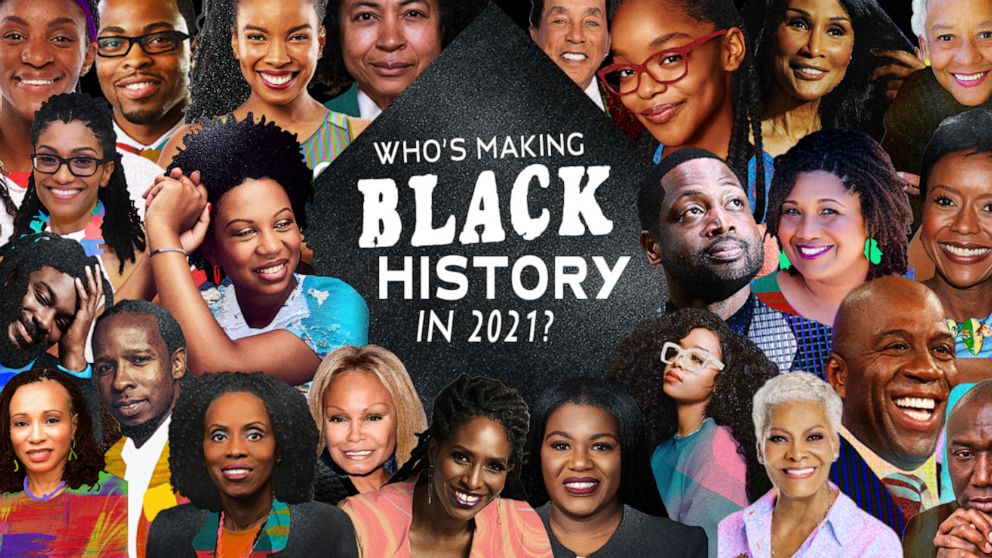BLACK HISTORY MONTH 2021

Every February, people in the United States celebrate the achievements and history of African Americans as part of Black History Month. Black History Month is an opportunity to understand Black histories, going beyond stories of racism and slavery to spotlight Black achievement.
|| Nishica Choudhary
This year’s theme is The Black Family: Representation, Identity and Diversity, and will explore the African diaspora.
February is Black History Month. This month-long observance in the US and Canada is a chance to celebrate Black achievement. This year, it also follows a tumultuous period where racial justice calls reached a fever pitch, providing a fresh reminder to take stock of where systemic racism persists and give visibility to the people and organizations creating change.
Initially, Black History Month was a way of teaching students and young people about Black and African-Americans’ contributions. Such stories had been largely forgotten and were a neglected part of the national narrative.
Now, it’s seen as a celebration of those who’ve impacted not just the country but the world with their activism and achievements. In the US, the month-long spotlight during February is an opportunity for people to engage with Black histories, go beyond discussions of racism and slavery, and highlight Black leaders and accomplishments
How it Started
In 1915, in response to the lack of information on the accomplishments of Black people available to the public, historian Carter G. Woodson co-founded the Association for the Study of Negro Life and History.
Black History Month’s first iteration was Negro History Week, created in February 1926 by Carter G. Woodson, known as the “father of Black history.” This historian helped establish the field of African American studies and his organization, the Association for the Study of Negro Life and History, aimed to encourage “people of all ethnic and social backgrounds to discuss the Black experience”. His organization was later renamed the Association for the Study of African American Life and History (ASAALH) and is currently the oldest historical society established for the promotion of African American history.
“Those who have no record of what their forebears have accomplished lose the inspiration which comes from the teaching of biography and history.”
― Carter G. Woodson
What it Honours?
Black History Month was created to focus attention on the contributions of African Americans to the United States. It honours all Black people from all periods of U.S. history, from the enslaved people first brought over from Africa in the early 17th century to African Americans living in the United States today.
Why is Black History Month in February?
February was chosen by Woodson for the week-long observance as it coincides with the birthdates of both former US President Abraham Lincoln and social reformer Frederick Douglass. Both men played a significant role in helping to end slavery.
By the late 1960s, thanks in part to the civil-rights movement and a growing awareness of Black identity, Negro History Week was celebrated by mayors in cities across the country. Eventually, the event evolved into Black History Month on many college campuses.
For many modern Black millennials, the month-long celebration offers an opportunity to reimagine what possibilities lie ahead. But for many, the forces that drove Woodson nearly a century ago are more relevant than ever.
As Lonnie G. Bunch III, Director of the Smithsonian Institution said at the opening of the Washington D.C.’s National Museum of African American History and Culture in 2016: “There is no more powerful force than a people steeped in their history. And there is no higher cause than honouring our struggle and ancestors by remembering”.





